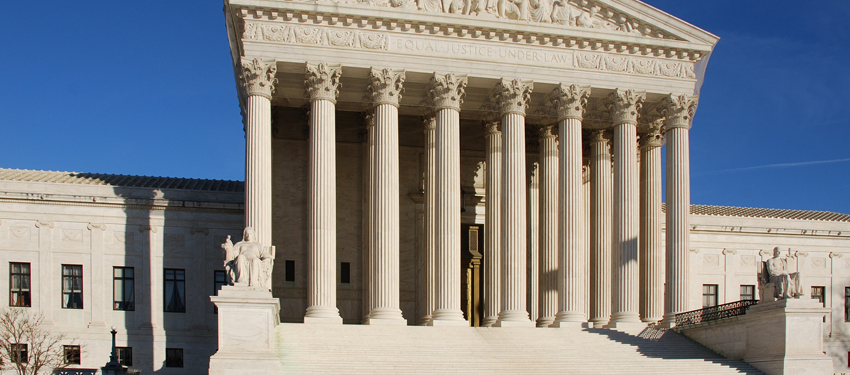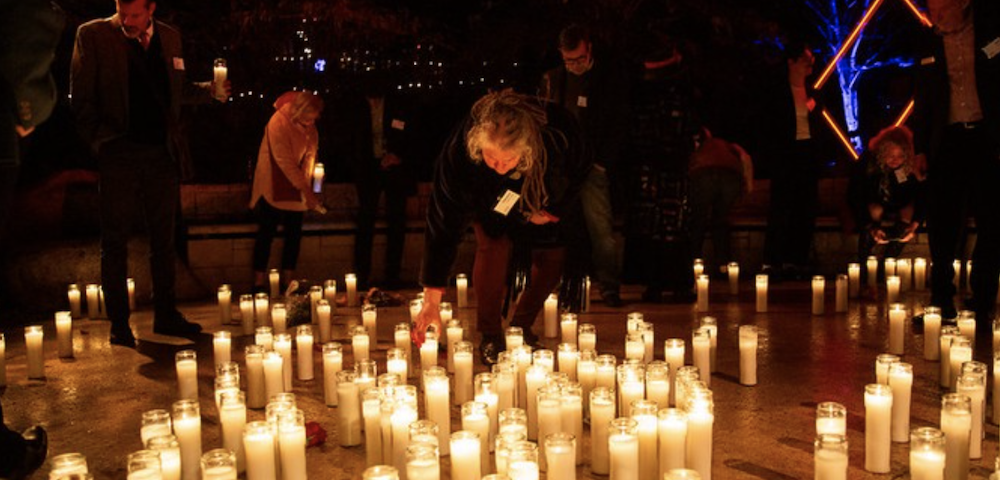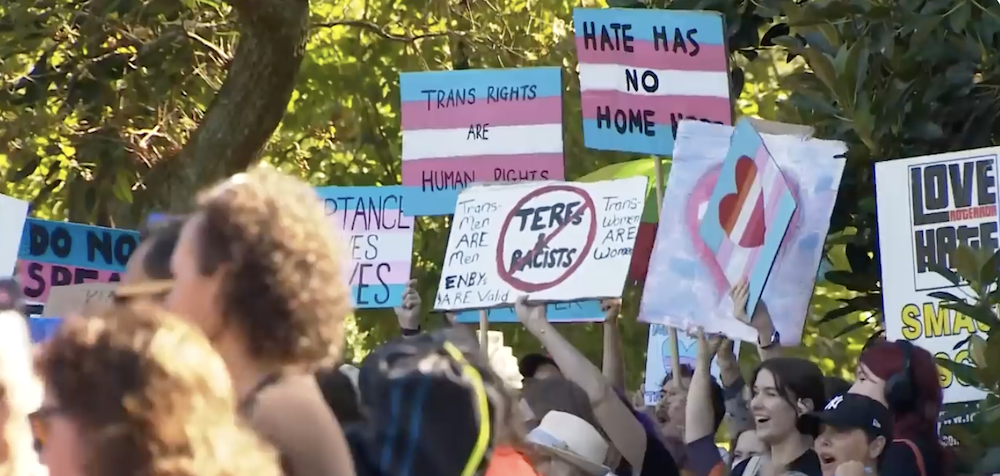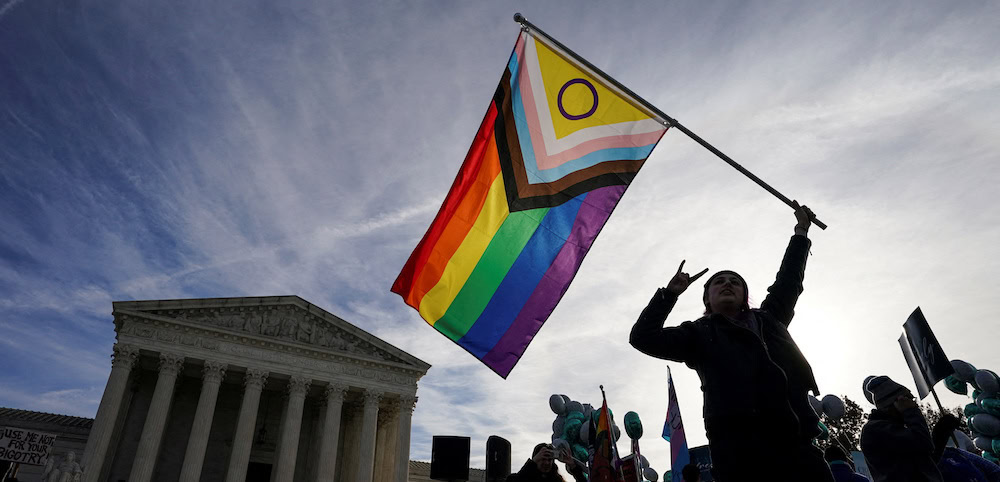
Ninety minutes in April that could end the US gay marriage debate

AFTER years of arguments, anguish and appeals the drawn-out decision on whether to legalise same-sex marriage across the US could now come down to a single 90 minute debate in April, an American expert has told the Star Observer.
Meanwhile, local campaigners have said it would be “deeply embarrassing” if Arizona adopted marriage equality ahead of Australia.
Currently, 14 of the 50 US states ban gay couples from marrying and don’t recognise marriages performed in other states.
The US Supreme Court announced last week that it would make a ruling a few weeks after the April debate, likely by June, which could see same-sex marriage fully legalised in the laggard states.
In 2013, the same court ruled that the Defense of Marriage Act, which many states used as a legal basis for discriminating against gay couples wishing to marry, was unconstitutional.
Dr Rebecca Sheehan, a lecturer at the United States Studies Centre at the University of Sydney, said the Supreme Court’s June decision could be the last hurdle in what has been a long campaign.
“If the Supreme Court makes the ruling [for gay marriage] the states will have to live up to their institutional obligations,” she said.
The Supreme Court will hear four cases from gay couples, one each from Kentucky, Michigan, Ohio and Tennessee, where same-sex marriage is banned.
The justices will rule on two questions, one on marriage equality and the other on recognising marriages from other states and make their ruling after 90 minutes of debate on the former point and just an hour for the latter.
“My feeling is they’re paving the way for a very clear judgement on the 14th amendment and gay marriage,” Sheehan said.
She added that while she had always been a supporter of same-sex marriage, “I feel much more hopeful that it’s now inevitable – it’s going to change”.
The case is centred on the interpretation of the 14th amendment of the US constitution that guarantees equal protection under the law and was originally introduced in 1868 to define the rights of freed slaves.
“The equal protection clause is really important in this case – you cannot just deny life, liberty and property,” Sheehan said, citing various states that bar opposite-sex marriage between cousins but recognise those same marriages performed in other states.
She said that not recognising gay marriages performed in other states would be “clear discrimination” and a breach of the constitution.
However, she cautioned the result was not certain and the court could give a split decision ruling for the recognition of interstate marriages but against pushing through marriage.
Sheehan said one of the interesting elements of the recent debate has been the lack of dissenting Republican voices.
“It seems like the Republicans have gone silent on the issue because they know same-sex couples are a big part of their constituency,” she said.
“It will suit them to defer to the Supreme Court because by the time of the next election same-sex marriage won’t be an issue.”
Indeed, Jeb Bush, brother of former President George W. Bush and a frontrunner for the 2016 Republican presidential nomination, now seems resigned to the reform.
Earlier this month he said: “I hope that we can also show respect for the good people on all sides of the gay and lesbian marriage issue — including couples making lifetime commitments to each other who are seeking greater legal protections.”
Closer to home, Australian Marriage Equality national director Rodney Croome said: “It will be deeply embarrassing for Australia if marriage equality is adopted across the US, as it has been already in New Zealand and the UK, before our parliament has even begun discussing the issue.
“It’s high time for the government to stop ignoring marriage equality and start discussing it.”










I think local campaigners meant to say Alabama, the most recent pro-marriage decision, which is currently under a 14 day stay.
Arizona ALREADY has marriage equality since last October, FYI.